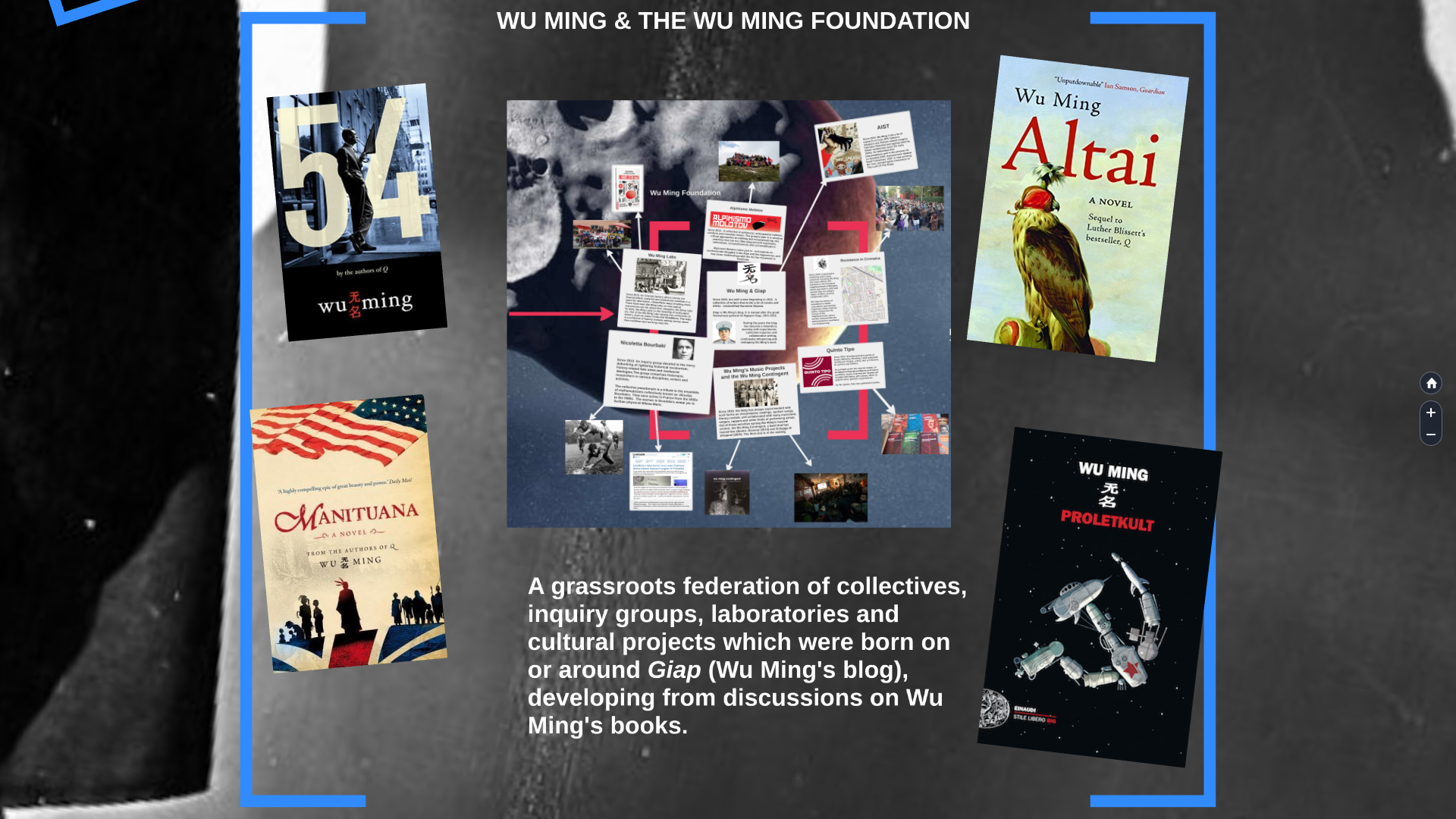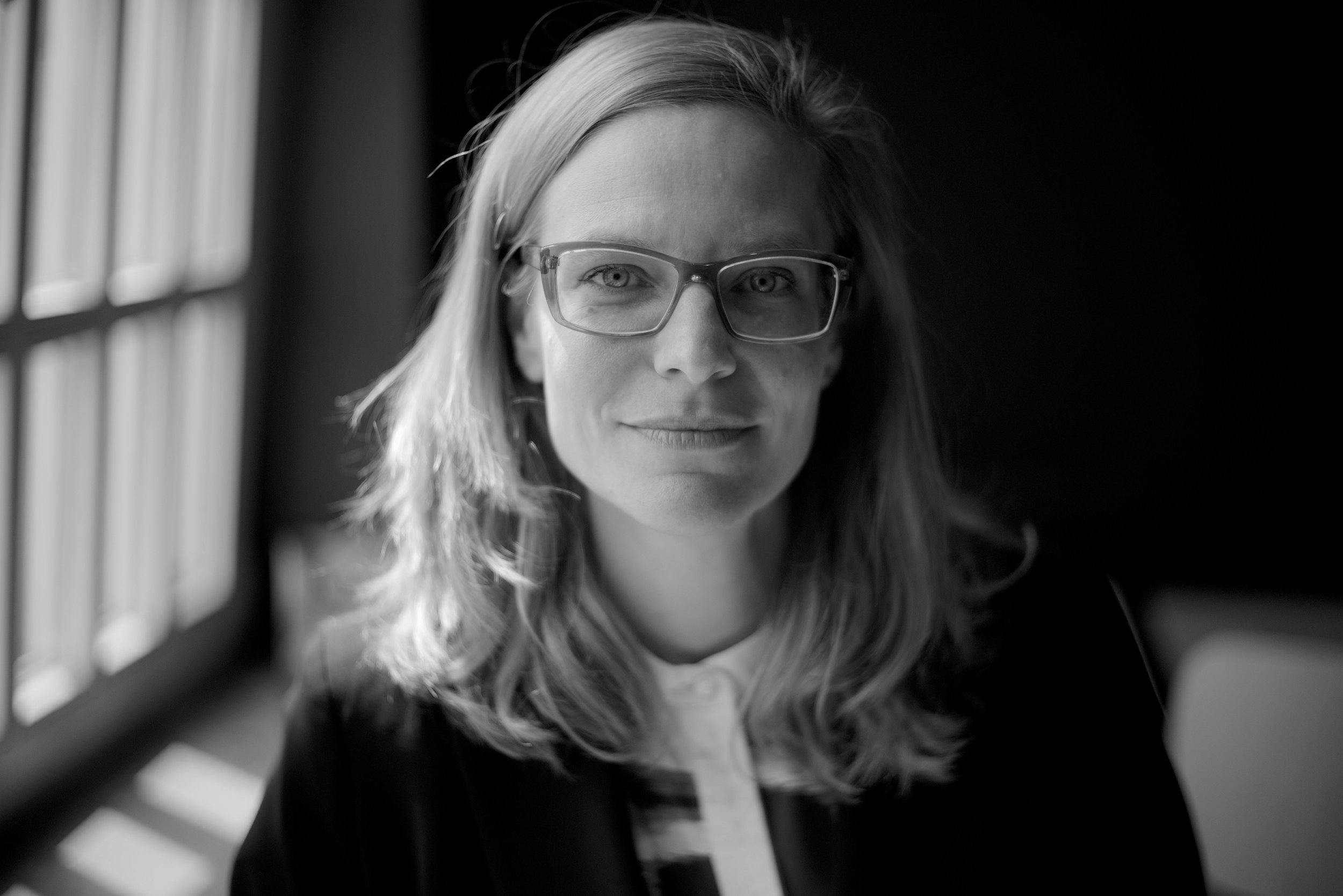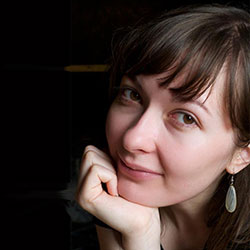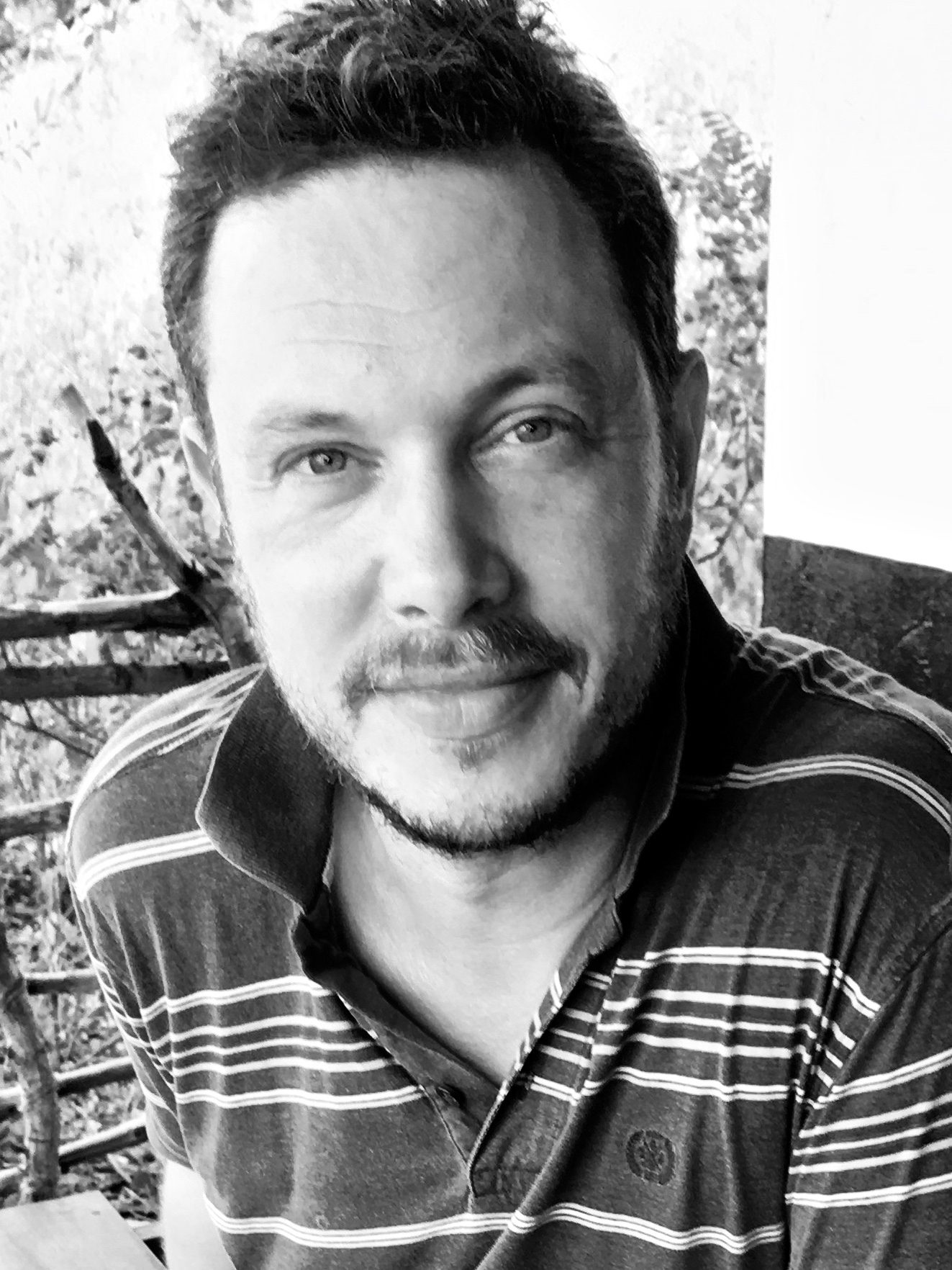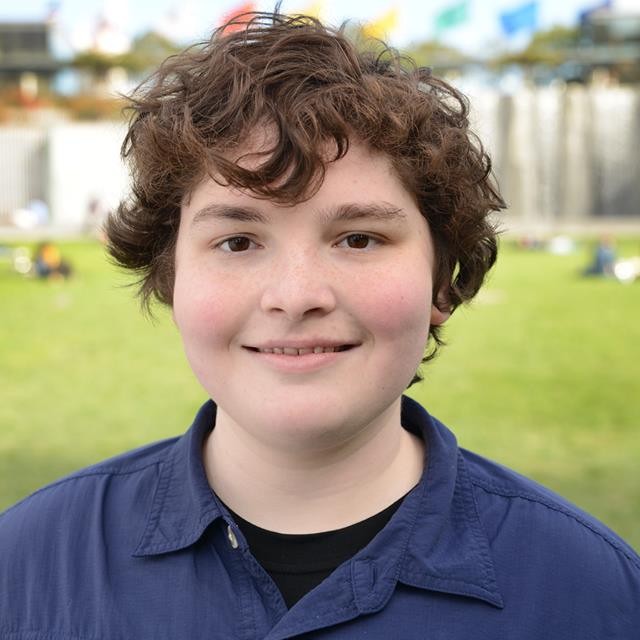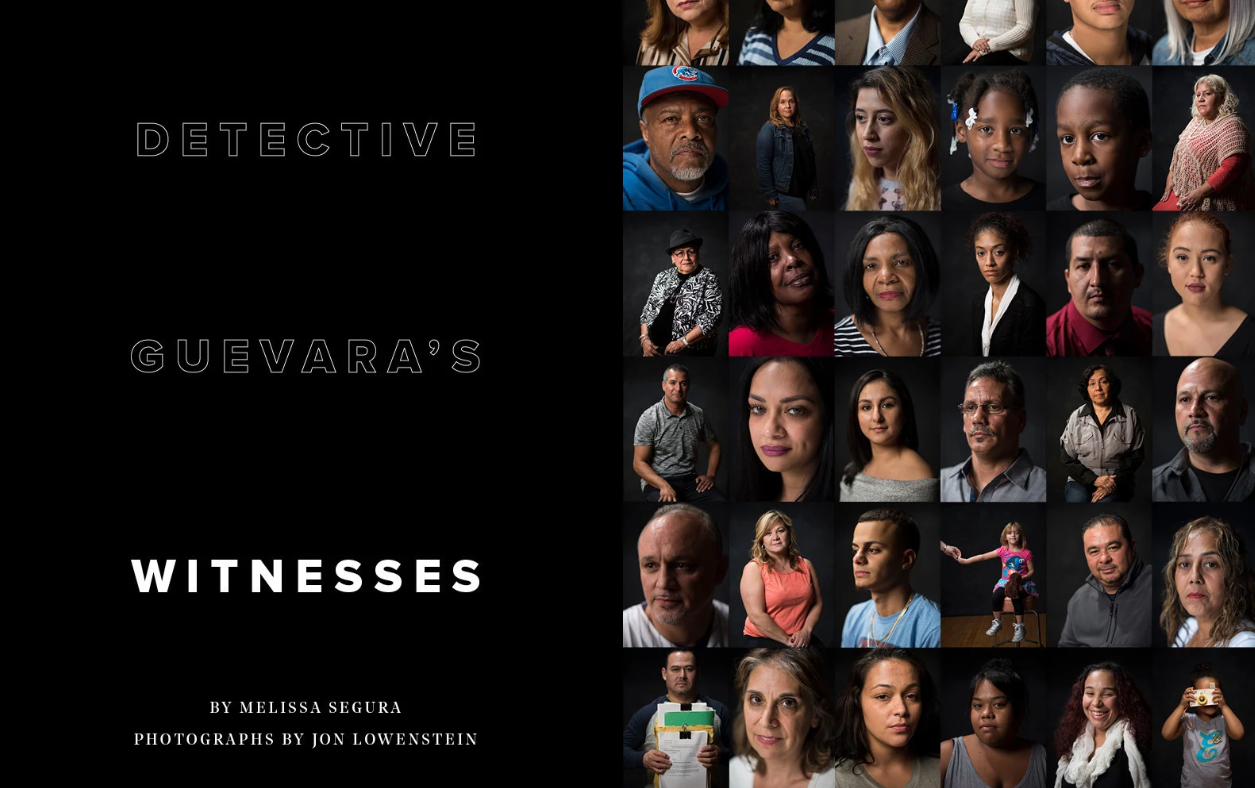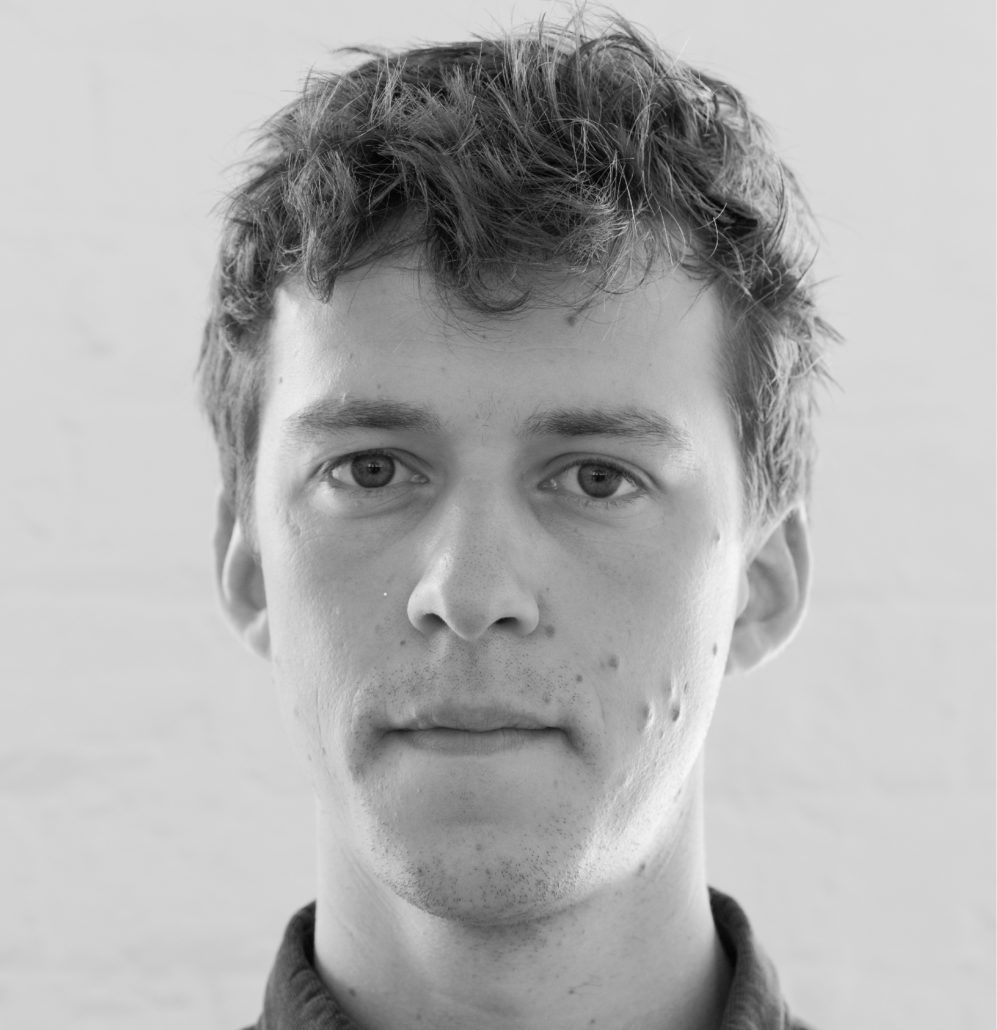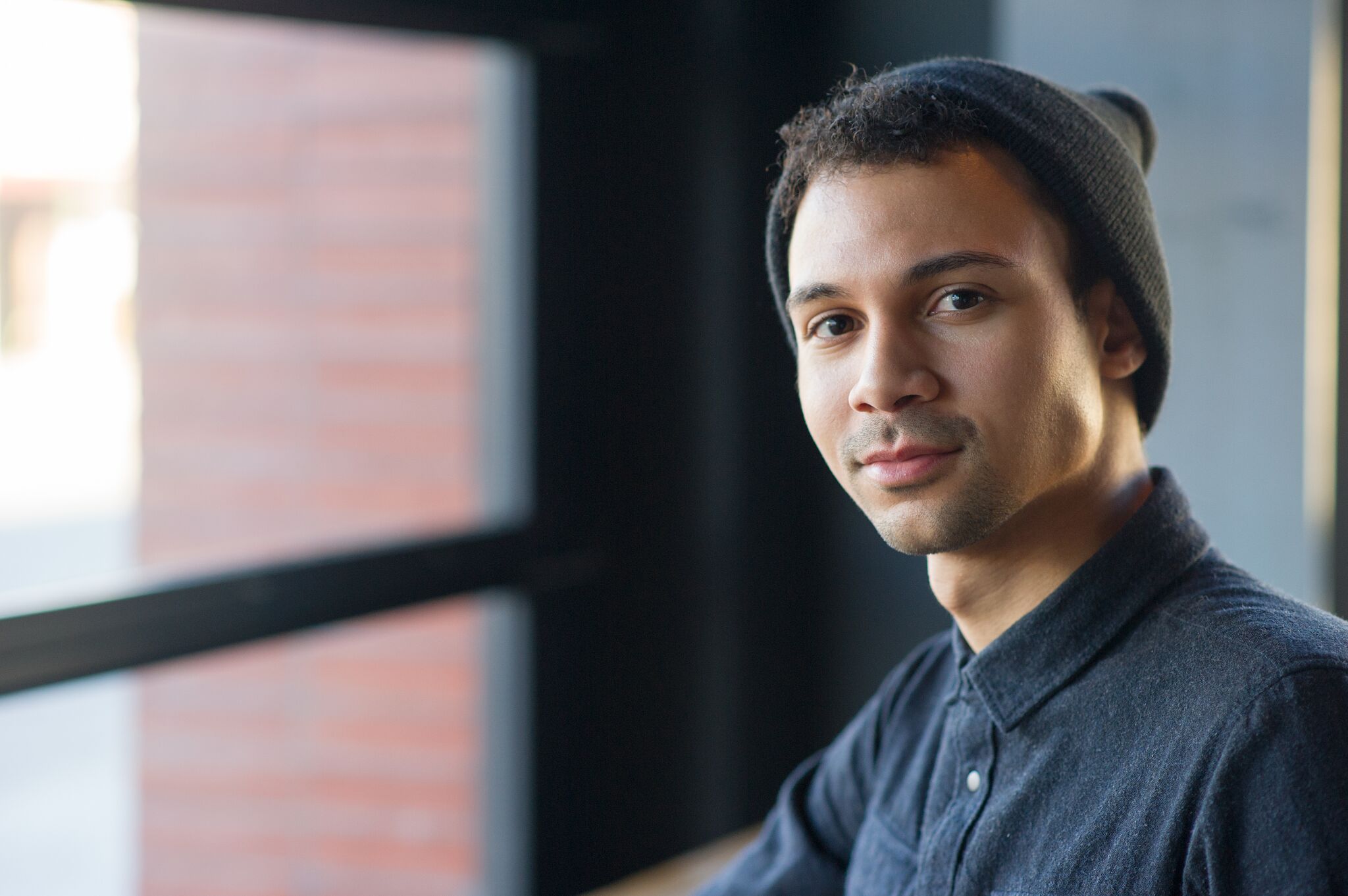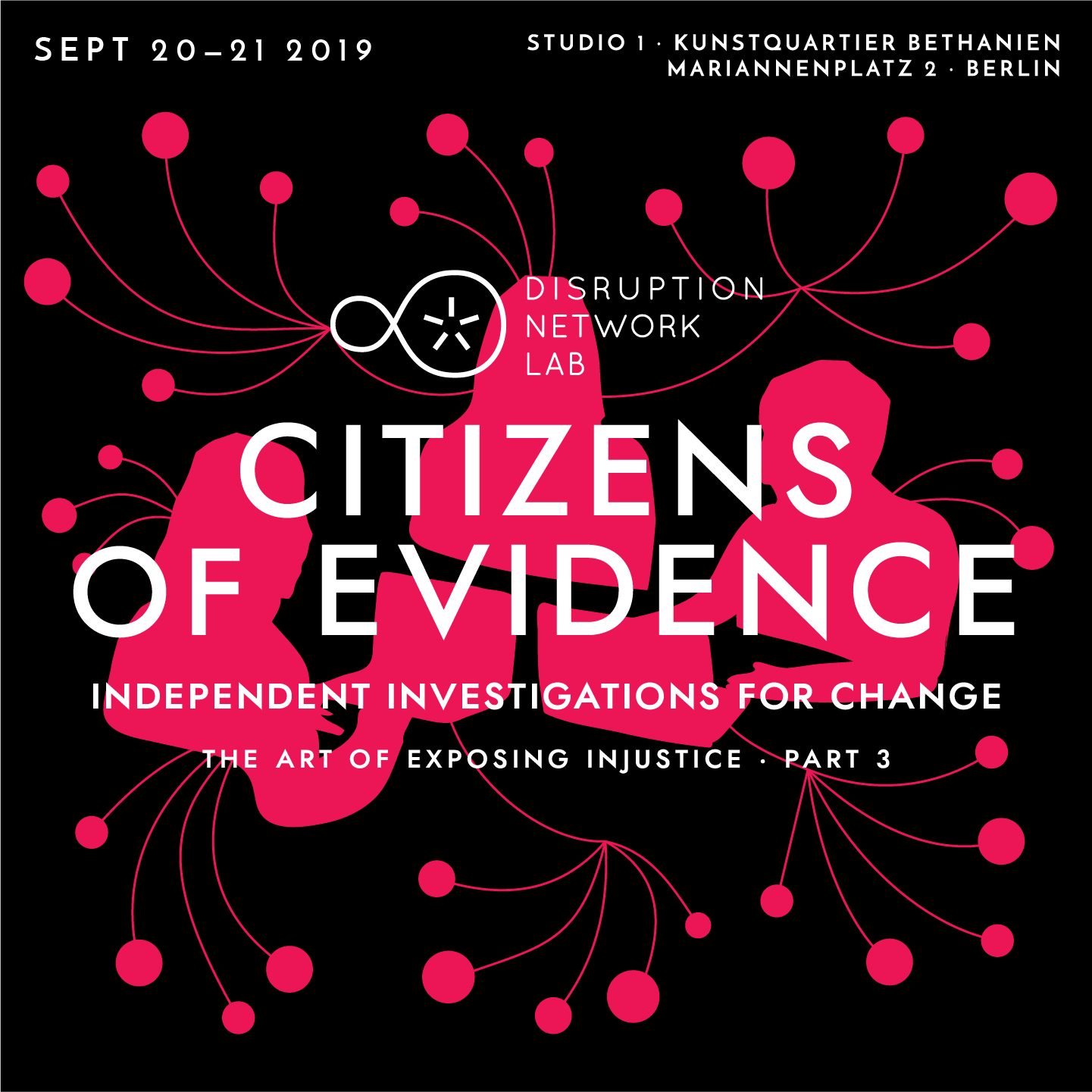#dnl17 #Citevidence · Berlin · september 20—21 · 2019:
CITIZENS OF EVIDENCE:
Independent Investigations for Change
The Art of Exposing Injustice - Part 3
Exploring the investigative impact of grassroots communities and citizens to expose injustice, corruption and power asymmetries.
Curated by Tatiana Bazzichelli. In cooperation with Transparency International
The 17th conference of the Disruption Network Lab
September 20—21 2019. Workshop, September 22.
Location: Studio 1, Kunstquartier Bethanien, Mariannenplatz 2, 10997 Berlin.
Partner Venues: Kunstraum Kreuzberg/Bethanien, Supermarkt Berlin, STATE Studio.
Curated by Tatiana Bazzichelli. In cooperation with: Transparency International.
Funded by: Hauptstadtkulturfonds (Capital Cultural Fund of Berlin), Reva and David Logan Foundation (grant provided by NEO Philanthropy), Checkpoint Charlie Foundation. Supported [in part] by a grant from the Open Society Initiative for Europe within the Open Society Foundations. In partnership with: Friedrich Ebert Stiftung. Part of Re-Imagine Europe, co-funded by the Creative Europe programme of the European Union. Re-Imagine Europe is initiated by Sonic Acts (NL) and coordinated by Paradiso (NL) in collaboration with Elevate Festival (AT), Lighthouse (UK), Ina GRM (FR), Kontejner (HR), Landmark / Bergen Kunsthall (NO), A4 (SK), Disruption Network Lab (DE) and Ràdio Web MACBA (ES).
In collaboration with: School of Machines, Making & Make-Believe, Alexander von Humboldt Institute for Internet and Society (HIIG).
Communication Partners: Sinnwerkstatt, Furtherfield. Media partners: taz, die tageszeitung, Exberliner.
In English language.
2-Day Early Bird Ticket: 10€ (time limited offer).
2-Day Online-Ticket: 14€
1-Day Ticket: 8€ (available at the venue)
1-Day Solidarity-Ticket: 5€ (only available at the venue)
Disruption Network Lab aims for an accessible and inclusive conference by providing a discounted solidarity ticket. This will only be available at the door.
Workshop Ticket: 30€
SCHEDULE
Friday, September 20 · 2019
16:00 - Doors open
16:30 – INTRO
Tatiana Bazzichelli (Artistic Director & Founder, Disruption Network Lab, IT/DE) & Lieke Ploeger (Community Director, Disruption Network Lab, NL/DE).
16:40-18:10 – KEYNOTE
GHOSTS IN THE WOODS AND UNCANNY ENTITIES: On How to Cover the Italian «NO TAV» Movement
Wu Ming 1 (Author & Writer, Wu Ming Foundation, IT).
Moderated by Alexandra Weltz-Rombach (Author & Filmmaker, DE).
18:30-20:30 – PANEL
EXPOSING ABUSES: Citizens Recording Human Rights Violations from the US to The Gambia
Melissa Segura (Investigative Reporter, BuzzFeed News, US), Samuel Sinyangwe (Data Scientist & Policy Analyst, Campaign Zero & Police Scorecard, US), Gareth Benest (Participatory Video Facilitator, UK).
Moderated by Michael Hornsby (Communication Officer, Transparency International, UK/DE).
Saturday, September 21 · 2019
15:00 - Doors open
15:30-17:00 – KEYNOTE
WHAT INDEPENDENT INVESTIGATORS DON’T USUALLY DISCLOSE
Matthew Caruana Galizia (Investigative Journalist & Software Engineer, MLT).
Moderated by Crina Boros (Investigative Reporter, UK).
17:15-19:00 – PANEL
TRACKING DICTATORS, DIVING FOR LEAKS & OPENING UP SENSITIVE DATA
Emmanuel Freudenthal (Freelance Investigative Journalist, Dictator Alert, FR/KY), Natalie Sedletska (Investigative Reporter & TV Host, UA), Brennan Novak & M C McGrath (Transparency Toolkit, US/DE).
Moderated by Shannon Cunningham (Freelance Investigative Journalist, US/DE).
19:15-20:30 – INVESTIGATION
FORENSIC ARCHITECTURE: Horizontal Verification and the Socialised Production of Evidence
Robert Trafford / Forensic Architecture (Researcher, Open Source Investigations, UK).
Moderated by Laurie Treffers (Freelance Journalist & Conflict Researcher, Airwars, NL).
Sunday, September 22 · 2019
12:00-18:00 – WORKSHOP @ Supermarkt & Tempelhofer Feld
FLYING IN BERLIN’S SKY, AN AFTERNOON INVESTIGATION
Emmanuel Freudenthal (Freelance Investigative Journalist, Dictator Alert, FR/KY).
Sector035 (InfoSec, Geolocation & OSINT, NL). Online tickets 30€.
The number of participants is limited to 20. Booking is essential. Ticket is available here.
CITIZENS OF EVIDENCE:
Independent Investigations for Change
The Art of Exposing Injustice - Part 3
CITIZENS OF EVIDENCE explores the investigative impact of grassroots communities and citizens to expose injustice, corruption and power asymmetries.
In the context of the debate about deliberate disinformation, fake news, and spreading of false facts, does it still make sense to speak about “evidence” as providing direct proof of the truth of facts? How can journalists, storytellers and activists provoke awareness by disclosing hidden information, when the boundary between the meaning of what is fake and what is real is becoming progressively blurred?
With our 17th conference CITIZENS OF EVIDENCE we aim to question the idea that providing information and revealing facts have just become arbitrary, posing attention to the role of citizens to expose abuses of governments, institutions and corporations, and the work of practitioners to build up tools to facilitate this process.
By being conscious that information has always been a construction, and despite the many attempts of influencing opinions via political propaganda and marketing strategies, we aim to highlight the power of citizens and grassroots realities in exposing facts, focusing on the impact of collective actions to reveal wrongdoing, and the collaborative production of social justice.
CITIZENS OF EVIDENCE presents experts that operate in different fields, between anticorruption, investigative journalism, data policy, political activism, open source intelligence, video storytelling, whistleblowing and truth-telling, who will share community-based stories to increase awareness on sensitive subjects.
Going beyond the usual dichotomy between journalists and activists, official media and independent media, we aim to open up a dialogue among different expertise, inviting investigative journalists, writers, hackers, researchers and activists to discuss and present opportunities of collaboration, becoming allies to report misinformation, corruption, abuse, power asymmetries and injustice.
Today, access to technology is at a different level from what we experienced at the end of the ’90s during the first wave of online independent media, while mainstream media outlets are suffering financial deficits. Independent journalists and investigative reporters document growing difficulty to acquire funds and content space for stories reporting evidence of misconduct and abuse, as these investigations are often slow and abundant with risks.
What is the role of citizens in this scenario and how can we still contribute in making a change in the information sphere? CITIZENS OF EVIDENCE highlights local and international stories, tools, and tactics, contributing to the creation of social change through courageous grassroots reporting and investigations.
Curated by Tatiana Bazzichelli.
The Disruption Network Lab series The Art of Exposing Injustice is developed in cooperation with the Berlin-based International Secretariat of Transparency International, the global coalition against corruption, celebrating this year its 25th year jubilee.
Full program
Friday, September 20 · 2019
16:00 - Doors open
16:30 – INTRO
Tatiana Bazzichelli (Artistic Director & Founder, Disruption Network Lab, IT/DE) & Lieke Ploeger (Community Director, Disruption Network Lab, NL/DE).
16:40-18:10 – KEYNOTE
GHOSTS IN THE WOODS AND UNCANNY ENTITIES: On How to Cover the Italian «NO TAV» Movement
Wu Ming 1 (Author & Writer, Wu Ming Foundation, IT).
Moderated by Alexandra Weltz-Rombach (Author & Filmmaker, DE).
The Wu Ming collective is more known abroad as a «band of writers» authoring a particular strand of «metahistorical fiction», i.e. books like Q, Altai, Manituana and The Army of Sleepwalkers; however, in the course of the 2010s they've been exploring different territories. Very often, they’ve been literally exploring territories on foot. By writing the books they called UNOs [Unidentified Narrative Objects] they've been trying to map – as an act of re-imagination – the elusive lands where «creative non-fiction» becomes ever more hybrid. Even when they are "solo" projects, i.e. they are signed by an individual member of the Wu Ming collective, these books are always collaborative efforts, the process is very open and participatory, and it remains so after publication.
A case in point is provided by the work Wu Ming 1 did to cover the so-called No Tav movement, opposing the construction of a high-speed railway in the Susa Valley, in the Western Alps. On a continental scale No Tav [No Treno ad Alta Velocità] are the most long-lasting, enduring movement opposing a mega-project, a public infrastructure which they consider not only useless and unbelievably expensive, but also dangerous for the environment and their lives. The struggle started in 1991. 28 years later, the movement is still effectively slowing down the project, which was modified and downsized many times by the government. However, there’s much more than that: the movement has the cultural hegemony in the Susa Valley, influences the whole political life of the region and keeps making successful experiments in participation, self-management and even collective property. Police violence, judiciary repression, arrests, defamation, demonization… Nothing could defeat them; they’re still there. How could that happen?
Wu Ming 1 tried to answer that question in his UNO Un viaggio che non promettiamo breve. 25 anni di lotte No Tav [We Don't Promise That This Trip Will Be Short. 25 Years of No Tav Struggles] (2016). In the course of three years 2013-2016, he worked as a historian, a gonzo journalist, a geographer, a horror/sci-fi novelist and an activist, all rolled into one. The method consisted in going very deep into the No Tav movement, taking part in several key moments of the struggle, interviewing dozens of activists, merging oral history with archival work, blending fiction and non-fiction, walking in the woods and climbing the mountains of the Val di Susa. In his keynote speech, he'll explain his method and the techniques he used to investigate the movement and write the book.
18:30-20:30 – PANEL
EXPOSING ABUSES: Citizens Recording Human Rights Violations from the US to The Gambia
Melissa Segura (Investigative Reporter, BuzzFeed News, US), Samuel Sinyangwe (Data Scientist & Policy Analyst, Campaign Zero & Police Scorecard, US), Gareth Benest (Participatory Video Facilitator, UK).
Moderated by Michael Hornsby (Communication Officer, Transparency International, UK/DE).
This panel highlights how citizens are contributing on facilitating evidence, as well as how journalists, policy makers or activists are empowering voices against corruption and abuses. Reporting about three different local contexts, the speakers will reflect on how their work was effective in raising awareness, exposing human rights abuses, and building cases on neglected issues. Investigative journalist Melissa Segura will share how a group of working class, Latina women — some with little education or English-language fluency — uncovered how Chicago police officers framed their loved ones for murders they didn't commit and why it took more than three decades for anyone to believe them. Policy analyst and racial justice activist Samuel Sinyangwe will present the “Campaign Zero” platform, initiated to denounce the escalation of police violence and incarceration in US communities, making pressure on state and local governments to protect people from harm, as well as the recently launched “Police Scorecard” project, focused on how to evaluate the police in California, and based on an unprecedented amount of data on police use of force, shootings, arrests, and misconduct complaints. Participatory video facilitator Gareth Benest will present the ‘Giving Voice to Victims of Grand Corruption in The Gambia’ participatory video project — an initiative implemented on behalf of Transparency International in reaction to The Great Gambia Heist investigations by OCCRP revealed in March 2019 — which allowed those affected by grand corruption to share their stories and present their truths in carefully edited video messages, and to give voice to those Gambians who are deprived from access to basic health, education, agriculture, and portable drinking water. Furthermore, the speakers will reflect on how to make sense of stories that are hidden, and how to act responsibly on work that is disclosed by citizens, avoiding the risk of patronising them.
Saturday, September 21 · 2019
15:00 - Doors open
15:30-17:00 – KEYNOTE
WHAT INDEPENDENT INVESTIGATORS DON’T USUALLY DISCLOSE
Matthew Caruana Galizia (Investigative Journalist & Software Engineer, MLT).
Moderated by Crina Boros (Investigative Reporter, UK).
This keynote speech will address issues freelancers who investigate high-level corruption face in silence and isolation, often with tragic consequences. Calling all journalists, due diligence investigators, whistleblowers and human rights professionals, Matthew Caruana Galizia, in conversation with Crina Boros, will look at what impacted murdered Maltese blogger Daphne Caruana Galizia personally and professionally during her dangerous work, and will discuss a freelancer’s personal responsibility, as well as the shield owed by employers, cross-border networks, as well as state regulators and legislators. Daphne Caruana Galizia was killed by a car bomb in Malta on 16 October 2017. The investigation into her killing is ongoing, but “there is little doubt that she was murdered because of her work. With a brazen, unapologetic and uncompromising style, she denounced corruption, nepotism, clientelism, and all kinds of criminal behaviors in her tiny EU member state”, as stated on the website of The Organized Crime and Corruption Reporting Project (OCCRP). Read more about The Daphne Project here (investigation coordinated and led by Forbidden Stories).
17:15-19:00 – PANEL
TRACKING DICTATORS, DIVING FOR LEAKS & OPENING UP SENSITIVE DATA
Emmanuel Freudenthal (Freelance Investigative Journalist, Dictator Alert, FR/KY), Natalie Sedletska (Investigative Reporter & TV Host, UA), Brennan Novak & M C McGrath (Transparency Toolkit, US/DE).
Moderated by Shannon Cunningham (Freelance Investigative Journalist, US/DE).
This panel focuses on the connection between grassroots investigations and data analysis, and how it is possible to make sensitive data accessible without restriction and open them to the public, facilitating the publication of large datasets. Referring to the collaboration between investigative journalists, "citizen journalists", and the "open-source intelligence" community, Emmanuel Freudenthal will present the methodology of acquiring information behind Dictator Alert – a Twitter bot that tracks the planes of authoritarian regimes installing ADS-B antennas – reflecting on the pros and cons of experimenting with a more "objective" type of information. Natalie Sedletska will share the experience of the YanukovychLeaks National Project, concerning the nearly 200 folders of documents found at a lake at the residence of former president of Ukraine, thrown in the lake to destroy them as people were escaping the compound, and rescued by volunteer divers and systematized, investigated and published by a group of journalists and activists to make them available to citizens around the world. M C McGrath and Brennan Novak (Transparency Toolkit) will focus on how the tools they are building enable anyone to publish data in searchable archives and sort through large datasets, even without many resources or technical skills, making the publishing of a large sets of documents more accessible to activists and citizen journalists – where previously only large coalitions of media organizations with particularly good technical resources could setup something like this. Furthermore, the panel reflects on the use and impact of open information, and the possibilities for people to contribute a greater variety of insights over time, and the difficultues of relying only on media outlets or single journalists to write the first story, which is often a very hard and complex activity in the case of large datasets.
19:15-20:30 – INVESTIGATION
FORENSIC ARCHITECTURE: Horizontal Verification and the Socialised Production of Evidence
Robert Trafford / Forensic Architecture (Researcher, Open Source Investigations, UK).
Moderated by Laurie Treffers (Freelance Journalist & Conflict Researcher, Airwars, NL).
The institutions on which we have long relied, as producers of truth and to underscore our human rights, are weakened, and our faith in them is declining. New actors, most successfully from the populist right, are inhabiting the space that has opened up. Concepts like ”news”, “evidence”, and “fact” have become weaponised. In this climate, it becomes vital to articulate concepts of truth and truth-making that succeed where present concepts are losing the battle. But the technological and social circumstances that have driven this 'decentralisation' of truth also carry great promise, and propose new possibilities for civil society to expose and interrogate power and its misuse: modern theatres of conflict are densely media-rich environments, information is poorly guarded, and open sources have collapsed the distance between violence and analyst.
At the heart of Forensic Architecture's 'counter-forensic' practice is an understanding of the production of evidence as a collaborative enterprise by civil society, in which situated knowledge speaks in coalition with technical, legal, and journalistic expertise. Through the lens of a selection of Forensic Architecture's recent cases, Robert Trafford will discuss how this approach works in practice, its promise, and some of its problems. What are the challenges to traditional forms of truth-production that this 'socialisation' overcomes? What are the avenues through which civil society can expose and prosecute violence, when the state is responsible for that violence? How must this kind of truth be reconstituted when it interacts with legal and political forums?
Sunday, September 22 · 2019
12:00-18:00 – WORKSHOP @ Supermarkt & Tempelhofer Feld
FLYING IN BERLIN’S SKY, AN AFTERNOON INVESTIGATION
Emmanuel Freudenthal (Freelance Investigative Journalist, Dictator Alert, FR/KY).
Sector035 (InfoSec, Geolocation & OSINT, NL).
Ticket: 30 Euro. Language: English.
Registration: The number of participants is limited to 20. Booking is essential. Please get your ticket here.
Where: The workshop starts at Tempelhofer Feld (meeting spot here, close to U6 Paradestr.) and ends at SUPERMARKT Berlin, Mehringpl. 9, 10969 Berlin.
Material: Please bring your laptop!
Berlin’s sky, an afternoon investigation is a guided research into the people flying over Berlin. Every day, aircrafts criss-cross the airspace above the city: private jets, military planes, and the regular tourist flights. Where do they go? Who owns them? What are they doing? If you head to most websites tracking planes, you’ll only see the scheduled Lufthansa or Eurowings flights. Boring.
In this real-time investigation, we’ll first head outdoors to Tempelhofer Feld and setup our own antennas to detect all the things flying above us. Then, we’ll bring the data back to the “lab” at Supermarkt to analyse it, find some interesting planes and investigate them. You don’t know what we’ll find, and neither do we!
At the end of this workshop, you’ll be able to setup your own ADSB antenna to detect planes (which you can buy for under €50) and analyse the data you collect.
This workshop is a co-production between the Disruption Network Lab and Supermarkt Berlin, curated by Tatiana Bazzichelli.
SPEAKERS
Matthew Caruana Galizia
Investigative Journalist & Software Engineer, MLT
Twitter: @mcaruanagalizia
Matthew Caruana Galizia is a Pulitzer Prize-winning journalist and software engineer. He worked at the International Consortium of Investigative Journalists (ICIJ) for five years, where he founded the organisation’s Data and Research Unit in 2014 and was a lead engineer on six major investigations: Offshore Leaks, Swiss Leaks, Luxembourg Leaks, Fatal Extraction, Panama Papers, and Paradise Papers. Matthew left the ICIJ in 2018 to continue working on the case around the assassination of his mother, Daphne Caruana Galizia, who was an investigative journalist killed by a car bomb near her home in Malta in October 2017. Matthew has been a tireless advocate for justice for his mother’s murder, leading efforts to galvanise the international community and hold the Maltese authorities to account despite the significant risk to his personal safety. Matthew holds a joint postgraduate degree in journalism from Aarhus University and City University London, and was a Carnegie-Knight fellow at the UC Berkeley Graduate School of Journalism and a Logan Nonfiction Fellow at the Carey Institute for Global Good.
Wu Ming 1
Author & Writer, Wu Ming Foundation, IT
Twitter: @Wu_Ming_Foundt
Wu Ming 1 is a founding member of the Wu Ming collective, formerly known as «Luther Blissett», the four authors of the novel Q. Unlike the multiple-use name Luther Blissett, Wu Ming stands for a defined but variable group of authors (ranging from three to five, depending on the period), active in various fields of literature and cultural activism. Wu Ming 1's most recent solo novel is "La macchina del vento" [The Wind Machine], 2019. Previously, he authored “Un viaggio che non promettiamo breve. 25 anni di lotte #NoTav” / “No Promise This Trip Will Be Short. 25 Years of No Tav Struggle” [Einaudi], 2016 (here in Italian on PDF). More here.
Melissa Segura
Investigative Reporter, BuzzFeed News, US
Twitter: @MelissaDSegura
Melissa Segura is an investigative reporter with BuzzFeed News and an Emerson fellow at the think tank New America. Her reporting focuses on the intersection of justice, class and race. In 2017 she authored a landmark investigation detailing how a group of predominantly working class, Latina women from Chicago uncovered evidence suggesting a police detective framed at least 51 of their sons, brothers, or husbands. Her series, “Broken Justice in Chicago,” has led to the exoneration of 10 men who had each spent decades behind bars. In 2018, the series earned her the George Polk Award in Journalism for local reporting and recognition as a finalist for Harvard's Goldsmith Award. She is at work on a book building on her Chicago story that examines the cracks in the criminal justice system and the hidden role that women play in correcting injustices. Before BuzzFeed News, Segura was a staff writer for Sports Illustrated. She received her B.A. in Spanish studies and communication from Santa Clara University.
Samuel Sinyangwe
Data Scientist & Policy Analyst, Campaign Zero & Police Scorecard, US
Twitter: @samswey
Samuel Sinyangwe is data scientist who leads the development of research, digital tools and platforms to end police violence and systemic racism in America. Sam works with organizers across the country to use data to hold local police departments accountable and change the laws and policies that structure police behavior. Previously, Sam worked at PolicyLink to support a national network of 61 Promise Neighborhoods communities to build cradle-to-career systems of support for low-income families. He also worked with city leaders, youth activists and community organizations develop comprehensive agendas to achieve quality education, health, and justice for young black men. He has been named one of the Forbes 30 Under 30 and The Root 100. Sam grew up in Orlando, FL, and has been involved in organizing and advocacy since he was in high school. He graduated from Stanford University in 2012, where he studied how race and racism impact the U.S. political system.
Gareth Benest
Participatory Video Facilitator, UK
Twitter: @lotaboluoki
Gareth Benest is a freelance Participatory Video practitioner with sixteen years experience in development communications. Gareth began facilitating Participatory Video processes at ActionAid – working with survivors of communal violence and street children in India – and went on to deliver projects around the world, engaging diverse communities to explore and document a wide range of issues. He was Director of Programmes for InsightShare for ten years and has written three guidebooks on community engagement, rights-based advocacy and social accountability approaches to Participatory Video. His current work engages citizens affected by the grand corruption and human rights abuses of the former regime in The Gambia, working in partnership with the global coalition against corruption Transparency International.
Crina Boros
Investigative Reporter & Data Journalism Trainer, UK
Twitter: @CrinaBoros
Crina Boros is an award-winning investigative reporter who crunches data and gathers forensic evidence in parallel with field reporting. A freelance, she has been published by the BBC, Reuters, openDemocracy and Unearthed among many. She co-authored two journalism manuals, is a keen user of transparency laws, teaches data journalism internationally and can be found posting on crinaboros.tumblr.com.
Alexandra Weltz-Rombach
Author & Filmmaker, Parkafilm, DE
Alexandra Weltz-Rombach is an author, filmmaker & producer. Her credits include documentaries, short reportage and trailers. In 2018 she produced a film on the “Kosmosviertel” in Berlin, as well as online films for the NGOs Oxfam and ECCHR, a media station on “Euthanasia in the hospitals of Berlin-Buch during the Third Reich”, Arte-documentary „Marx reloaded“ (with Jason Barker), the educational documentary „Digital Handcraft" and a portrait of Antonio Negri for Arte/ZDF (with Andreas Pichler).
Robert Trafford
Researcher, Open Source Investigations, Forensic Architecture, UK
Twitter: @bobtrafford
Robert Trafford is a researcher and investigator with Forensic Architecture, specialising in OSINT. His role also involves data analysis, editing, image analysis, and reporting. Recent investigative projects have involved the use of machine learning in verification and identification. Before joining Forensic Architecture, Robert was a freelance journalist, including reporting on the refugee crisis from France and Greece. His work has appeared in The Intercept, The Times, the Independent, and elsewhere. More here.
Natalie Sedletska
Investigative Reporter & TV Host, UA
Twitter: @natasedletska
Natalie Sedletska is a Ukrainian investigative television journalist and editor who works in the anticorruption field. At present, Natalie works as the chief editor and host of the investigative program “Schemes” - a television project which she founded in 2014 with the support of the US-funded Radio Free Europe/Radio Liberty. “Schemes” project is broadcasted by the Ukrainian public broadcaster on a weekly basis.
Emmanuel Freudenthal
Freelance Investigative Journalist, Dictator Alert, FR/KY
Twitter: @EmmanuelFreuden
Emmanuel Freudenthal is a freelance reporter based in Nairobi who has been conducting investigations all over Africa for a decade. He focuses on stories that break entirely new ground, from nerdy data analysis to war reporting, Two of his corruption investigations that used public documents, such as financial reports and court judgements, have led to ongoing police inquiries in Australia and Canada. He's also crunched data to calculate the time that Cameroon's President Paul Biya has spent on private trips abroad (4.5 years). As part of a BBC team, he won a Peabody award for an open-source investigation finding the soldiers who murdered two women and two children while filming themselves on a smartphone. His stories have been published by the BBC, Le Monde, The New Humanitarian, Paris Match, Sydney Morning Herald, The Daily Telegraph, African Arguments, Journal de Montréal, TV5 and others. Emmanuel studied economics at UTS in Sydney, then anthropology and politics at the University of Oxford.
Brennan Novak & M C McGrath
Transparency Toolkit, US/DE
Twitter: @TransparencyKit & @Shidash
Transparency Toolkit uses open data to watch the watchers and hold the powerful to account. They build free software to collect and analyse open data from a variety of sources. They work with investigative journalists and human rights organizations to turn that into useful, actionable knowledge. Currently, their primary focuses are investigating surveillance and human rights abuses. They use open data to map the intelligence community and uncover secret surveillance programs. as well as they help investigate human rights abuses and find perpetrators.
Michael Hornsby
Communication Officer, Transparency International, UK/DE
Twitter: @MDA_Hornsby
Michael Hornsby is Communications Officer at Transparency International, working on projects to enhance collaboration with investigative journalists, and seek stronger protections for European whistleblowers, among others. He studied at the School of Oriental and African Studies (SOAS), University of London, and Boğaziçi University in Istanbul.
Shannon Cunningham
Freelance Investigative Journalist, US/DE
Shannon Cunningham is an American freelance investigative journalist, researcher, and writer covering issues of data privacy, social media and geopolitics for German public media. Shannon also works to bring free software projects to broader audiences through accessible communications. She studied Sociology and Information Studies at the University of Texas at Austin.
Laurie Treffers
Freelance Journalist & Conflict Researcher, Airwars, NL
Twitter: @LaurieTreffers
Laurie Treffers is a Dutch freelance journalist and conflict researcher focusing on the MENA (Middle East and North Africa) region. She volunteers as a geolocation reseacher for Airwars and is currently working on Yemen. Laurie holds an MA in Conflict Studies & Human Rights from Utrecht University. Her MA thesis on resistance practices among women in the Palestinian village of Budrus was nominated for the Vision on 2018 Peace Thesis Prize and the 2019 Master Thesis Awards of Utrecht University.
Sector035
InfoSec, Geolocation & OSINT, NL
Twitter. @Sector035
Sector035 is a security officer at a big company, and besides that he loves to share his passion for open source intelligence. He does this mostly online via his weekly newsletter (medium.com/week-in-osint), as member of the OSINT collective 'OSINTcurious' (osintcurio.us) and he is part of the Quiztime crew, that offers fun training for researchers and journalists.


![xRRolJEZ[1].jpg](https://images.squarespace-cdn.com/content/v1/54d6213ee4b0cdfb496d50dc/1561735891484-SGPVQMC8DW7RN9OTPV14/xRRolJEZ%5B1%5D.jpg)
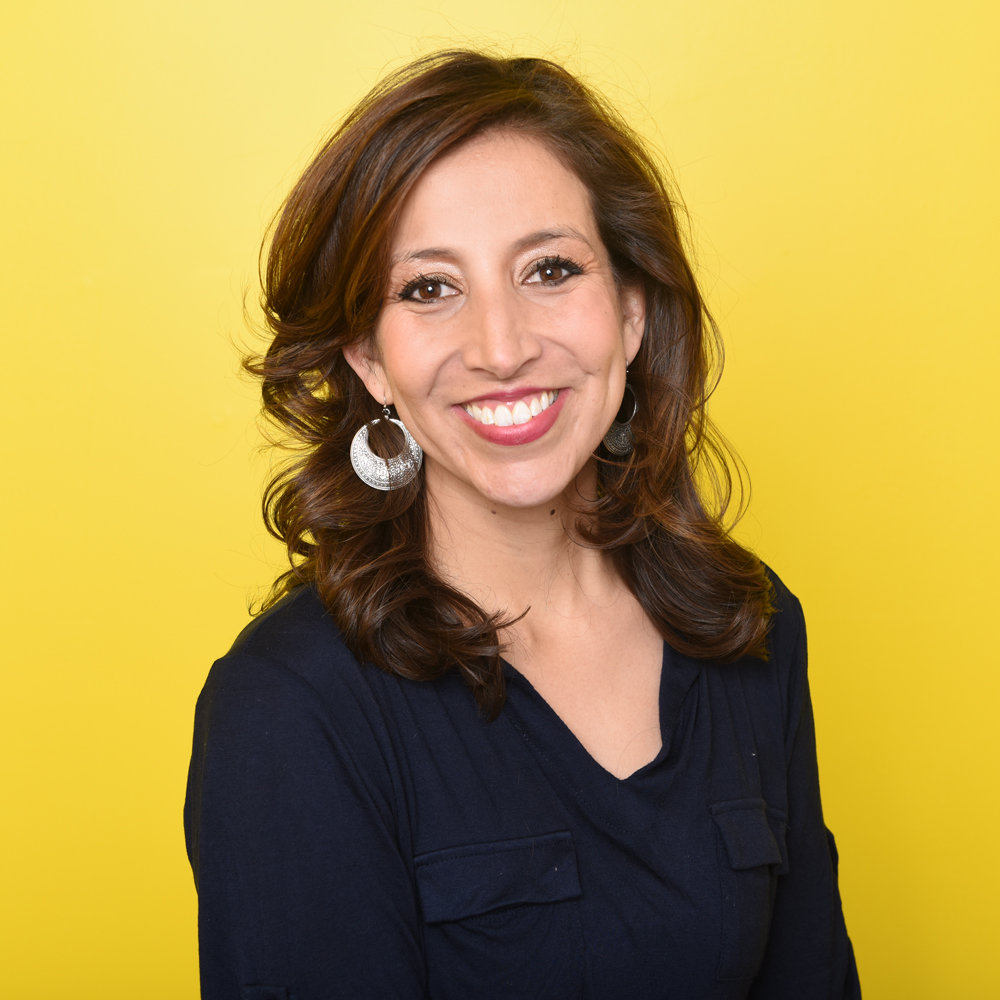
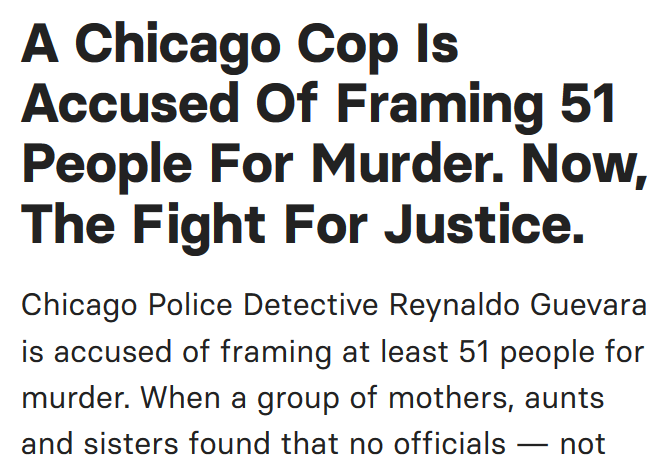
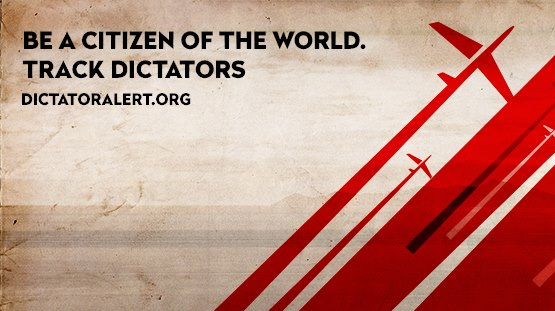
![content_toolkit[1].png](https://images.squarespace-cdn.com/content/v1/54d6213ee4b0cdfb496d50dc/1561736048037-RIJ45LJIG6T5KYM8I682/content_toolkit%5B1%5D.png)
![Miranshah_drone_strike,_Forensic_Architecture[1].jpg](https://images.squarespace-cdn.com/content/v1/54d6213ee4b0cdfb496d50dc/1561736161074-CXSY1KAL7LX73ICWCFQ2/Miranshah_drone_strike%2C_Forensic_Architecture%5B1%5D.jpg)
![blu_02_b-1[1].jpg](https://images.squarespace-cdn.com/content/v1/54d6213ee4b0cdfb496d50dc/1561737027626-85UERBPIHS4B98WD4XG0/blu_02_b-1%5B1%5D.jpg)
